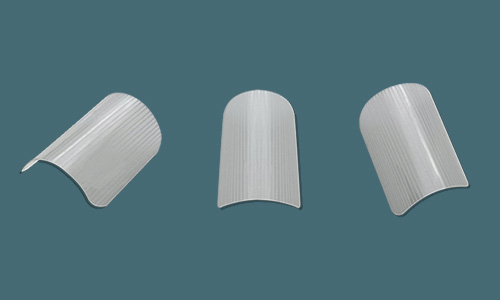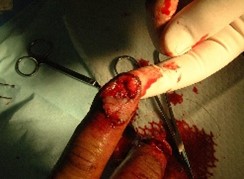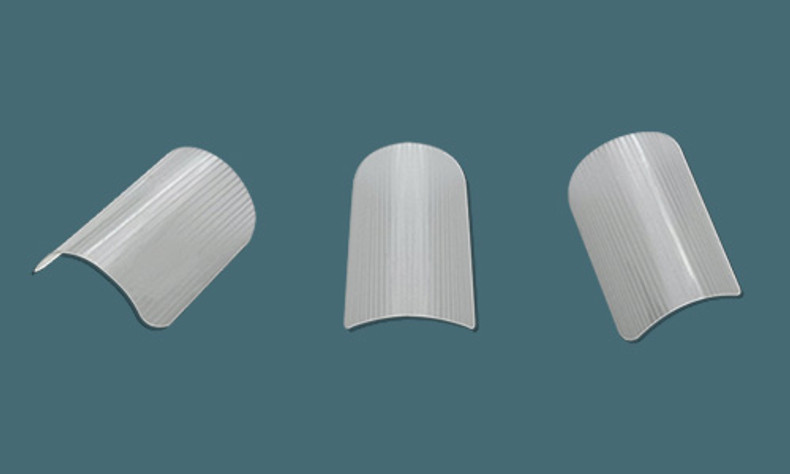
In our previous newsletter, we introduced you to the Bioseal Nail Shield solution and its applications in ED (Emergency Department) and clinical settings. Our valued readers' enthusiastic response has motivated us to delve deeper into the realm of Bioseal's offerings that can benefit your patients. Today, we're excited to spotlight the BioTrauma Kits, specifically tailored for EDs and clinical settings.
Bioseal is committed to providing healthcare professionals with a range of innovative solutions that may sometimes go unnoticed in the fast-paced world of healthcare. These solutions, while not always in the spotlight, play a pivotal role in addressing emergent needs within the industry. We introduce our BioTrauma, a category for the Emergency and Trauma related solutions.

One area where Bioseal's cutting-edge products have made a substantial impact is in the Emergency Department. These meticulously designed solutions are engineered to elevate the capabilities of ED professionals in dealing with a broad spectrum of medical emergencies. From advanced trauma kits to specialized wound care solutions, Nail injuries can manifest in various forms, ranging from minor inconveniences to severe complications.
The Importance of Timely Treatment
Blunt trauma to the fingertip and nail bed requires timely and adequate treatment to prevent secondary deformities and minimize the need for subsequent reconstruction. Delayed or insufficient treatment can result in negative functional and cosmetic outcomes. The peak incidence of fingertip and nail bed injuries occurs between the ages of 4 to 30. According to Johnny Chang et al., 10% of such accidents are treated in the emergency department. In cases of fingertip injuries, the nail bed is injured in 15-24% of cases.
Statistics on Nail Injuries in Emergency Rooms
The specific number of nail injuries treated in emergency rooms (ERs) or emergency departments (EDs) varies widely, depending on factors like location, population, and time frame. Minor nail injuries are often managed at home or by primary care physicians, reducing the number of cases seen in the emergency room. More severe or complex nail injuries, such as avulsions or those involving significant bleeding, may prompt individuals to seek immediate medical attention in an emergency department.
Some common types of nail injuries include:

- Nail fractures or breaks: These occur when external force or trauma causes the nail to split or break, resulting in jagged or uneven nail edges.
- Crush injuries: These involve the nail bed or surrounding tissues being crushed, often leading to bruising, bleeding, or damage to the nail matrix.
- Avulsion injuries: Avulsion injuries take place when the entire nail is partially or completely torn from the nail bed, often causing severe pain and requiring medical attention.
- Ingrown toenails: When the edge of a toenail grows into the surrounding skin, it can lead to pain, swelling, and potential infection.
- Infections: Bacterial or fungal infections can affect the nails, leading to discoloration, thickening, and discomfort.
- Chemical or thermal burns: Exposing your nails to harsh chemicals or extreme temperatures can damage the nail plate and surrounding tissue.
The approach to treating nail injuries depends on their severity. Minor injuries can often be managed at home with proper wound care and pain management, while more significant injuries, like avulsions or deep lacerations, may necessitate medical attention.
In Conclusion
In summary, Bioseal's Bio Trauma Kits, specifically Nail Shield provide invaluable solutions that may not always be top of mind but are of paramount importance in healthcare. Their commitment to innovation and excellence serves the healthcare industry effectively, with the Emergency Department being a primary beneficiary of these groundbreaking products. Bioseal's contributions play a pivotal role in enhancing the capabilities of healthcare professionals, resulting in improved patient outcomes.
Resources:
- Bioseal Inc. - BioTrauma Kits Products
- Emedicine.medscape.com/article/827104-overivew?form=fpf

